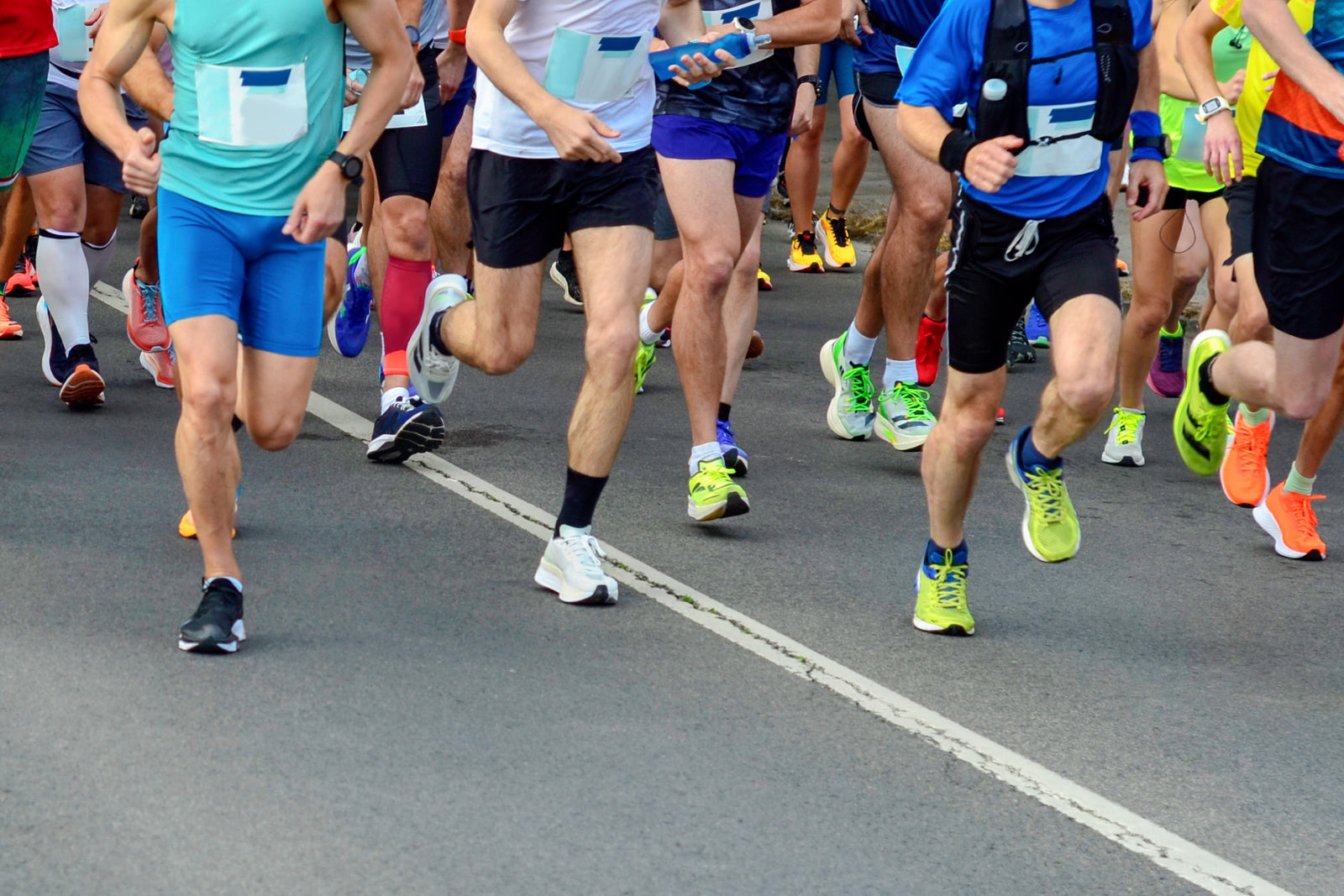How ACTN3 Affects Muscle Damage and Recovery
Muscle damage from exercise happens when intense or new activities cause tiny tears in muscle fibers. This leads to soreness, stiffness, and temporary reductions in strength. One gene that influences how muscles respond to that stress is ACTN3. Different versions of ACTN3 are associated with variations in muscle performance and recovery, which can change how susceptible you are to exercise induced muscle damage, or EIMD.
What ACTN3 Does
ACTN3 helps make a protein called alpha-actinin-3. This protein is found in fast, powerful muscle fibers and plays a role in how those fibers contract and tolerate stress. Depending on your ACTN3 genotype, your muscles may be more or less prone to microscopic fiber tears and the inflammation that follows intense effort.
Everyday steps to support muscle health
- Hydration: Keep fluid levels steady before, during, and after exercise. Water supports nutrient delivery, joint lubrication, and waste removal.
- Protein: Consume adequate protein daily and around workouts to provide amino acids needed for repair. Aim for a distribution of protein across meals.
- Antioxidants: Fruits and vegetables rich in vitamins C and E, polyphenols, and carotenoids help reduce oxidative stress associated with muscle damage.
- Rest and recovery: Schedule recovery days and vary intensity. Progressive overload with gradual increases limits excessive damage from unfamiliar loads.
- Sleep: Quality sleep supports muscle repair and hormonal recovery processes.
Supplements and tests to consider
- Omega-3 fatty acids: May lower inflammation and help recovery. Typical doses used in studies range from 1 to 3 grams daily of combined EPA and DHA.
- Vitamin D: Supports muscle function and immune health. Check blood 25(OH)D levels before supplementing and work with a provider to set a target range.
- Creatine monohydrate: Can support short burst power, aid recovery of repeated efforts, and reduce markers of muscle damage in some people.
- Protein powder or whole-food protein: For convenience to meet daily needs after strenuous or prolonged activity.
- Blood tests: Consider testing vitamin D status, basic metabolic panel if concerned about hydration or kidney function, and CRP if chronic inflammation is suspected. Discuss testing with your provider.
2 effect alleles (CC) — Higher susceptibility to exercise induced muscle damage
If your ACTN3 test shows the CC genotype for rs1815739, you carry two copies of the effect allele. This version is associated with increased susceptibility to muscle damage from intense or unfamiliar exercise. You may notice more pronounced soreness, stiffness, and temporary drops in strength after hard workouts.
Practical strategies
- Prioritize gradual progression. Increase training load slowly over several weeks to allow connective tissue and muscle to adapt.
- Focus on post workout protein combined with some carbohydrate to support repair and refuel glycogen stores.
- Include regular light recovery sessions such as walking, cycling, or mobility work to increase blood flow without adding damage.
- Use targeted anti inflammatory nutrition. Fatty fish, walnuts, flaxseeds, and antioxidant rich produce can help manage inflammation.
- If using supplements, consider omega-3s and vitamin D after checking levels with your provider. Creatine may also reduce markers of damage in some individuals.
- Allow extra time for rest between high intensity sessions, especially after unfamiliar movements or long eccentric focused workouts.
1 effect allele (CT) — Moderate predisposition to muscle damage
The CT genotype indicates one copy of the effect allele. Your genetic profile places you between those with higher protection and those with greater susceptibility. You may experience normal post workout soreness, but you also have the capacity to recover well with appropriate habits.
Practical strategies
- Balance intensity and recovery. Plan training cycles with a mix of harder sessions and active recovery days.
- Maintain consistent protein intake across the day and especially after training to support timely repair.
- Include antioxidant rich foods and consider adding natural anti inflammatory foods like oily fish and turmeric to your meals.
- Supplementation can be useful if dietary intake is insufficient. Omega-3s and vitamin D are reasonable options to discuss with your provider.
- Use targeted recovery tools such as foam rolling, contrast baths, and gentle stretching when soreness occurs, but avoid aggressive treatments that add stress to already damaged tissues.
0 effect alleles (TT) — Greater protection against exercise induced muscle damage
If you have the TT genotype, you carry two copies of the non effect allele. This genotype is associated with relatively greater resistance to the microscopic muscle fiber damage and inflammation that follow intense or unfamiliar exercise. You may be less prone to severe soreness and quicker to regain strength after strenuous activity.
Practical strategies
- Keep building performance while respecting recovery. Even with genetic protection, overtraining can still occur without proper sleep, nutrition, and rest.
- Use periodized training to maximize gains and reduce injury risk. Include deload weeks and active recovery phases.
- Continue to support muscle repair with high quality protein and antioxidants. Do not rely solely on genetics for long term resilience.
- Maintain regular screening of vitamin D if you have limited sun exposure and consider omega-3s for overall health benefits.
When to talk to your healthcare provider
- If you experience persistent or worsening muscle pain, unusual weakness, dark urine, or other concerning symptoms after exercise.
- Before starting new supplements, particularly if you have health conditions or take medications.
- To interpret blood tests such as vitamin D or markers of inflammation and to personalize dosing and timing of interventions.
PlexusDx provides education about genetic predispositions and does not provide medical advice. Always consult your healthcare provider before making changes to your medication, supplement, diet, or exercise plan based on genetic information.

Share:
Muscle Damage | CCR2 (rs3918358)
Muscle Damage | CCR2 (rs1799865)